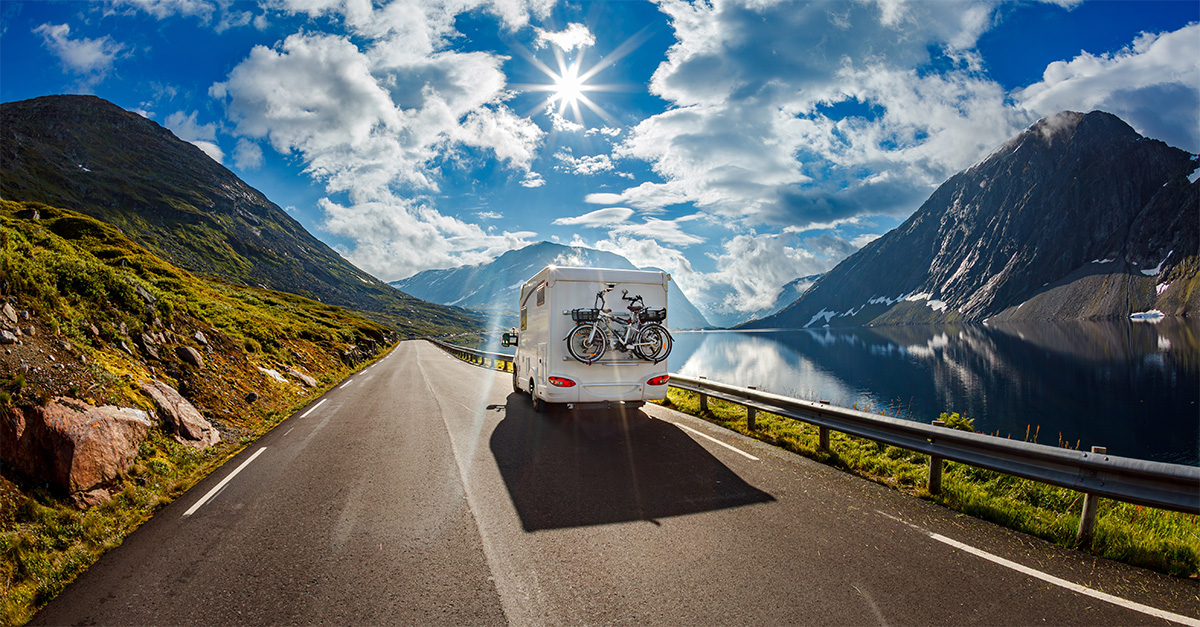The sign above the pizza restaurant on Patong Beach summed
up the atmosphere in Phuket: ‘Even tsunami cannot beat us. We
still make the best home-made pizza.’ Further along a
café told passers-by: ‘Yes, we are open,’ and
another, outside a Patong barber shop, simply extended an upbeat:
‘Good Morning, Thailand!’
For the time being Phuket’s lively beachfront strip in Patong
resembles a familiar grin minus a few of its favourite teeth. Irish
bar Molly Malone’s, a favourite among expats and Patong
regulars, unknowingly called its last orders on Christmas day, and
the long-standing Merlin hotel is, like a lot else we saw, in the
throes of reconstruction.
Happy Meals were still off the menu last month, but the grand
reopening of Starbucks the first week in February injected a
much-needed buzz into the community; the return of the coffee king
was seen by many as a symbolic sign that normality is
resuming.
In Phuket with a raft of travel industry bigwigs – ABTA,
Kuoni, Advantage and Thomas Cook representatives among them –
I wondered whether they would be convinced by what they saw on the
largely up-and-running island. I needn’t have worried.
Ultimately it wasn’t the tourist board rhetoric, the Travel
Weekly/Tourism Authority of Thailand Forum or round-the-clock
construction that convinced the tsunami delegation all was well in
one of the UK’s favourite long-haul resorts. In our mission
for physical evidence we overlooked the most obvious selling point
of all – the Thais. Land of Smiles it may be, but ultimately
the grace and dignity demonstrated by locals proved more convincing
than any marketing slogan.
The psychological issue of buying and selling holidays to
tsunami-struck Asia has been a major hurdle for many. The immediate
scenes of devastation beamed around the world instilled a misplaced
belief that the whole region is on its knees, and that any holiday
would be marred by misery. In Thailand the reality is very
different. On the streets, in villages, at Patong’s buzzing
night market and on our island-hopping trip, tour operators spoke
in unison about the way the Thai people have coped – and
moved on.
Think back to Britain’s own Boscastle disaster last summer
and you could be forgiven for assuming people died. In fact, nobody
was killed in the flood, but the reels of television footage and
metres of print coverage swallowed up by the tragedy highlight how
easily our Western sensibilities are bruised.
Nobody we spoke to in Thailand had forgotten the tragedy and
newspapers still ran daily reminders of the thousands who died. But
as Tickets Anywhere managing director Bryony Hordern put it:
“There’s no ghoulishness or moping. We in the West are
worried about being intrusive but it’s not an issue
here.”
During a massage Hordern’s masseur told how she had lost a
family member. “As Buddhists they believe life should be
celebrated and the spirit of the departed remains with them
forever. Instead of feeling we were intruding on their grief, I
truly felt we were helping by visiting them,” said
Hordern.
One day we bought silk bags from a woman on Patong Beach who had
set up a makeshift stall. “My shop was washed away,”
she said, matter-of-factly pointing to the gaping hole behind her.
“I just wish the tourists would come back.”
Everyone we spoke to had a story to tell. Our boat captain, who
escaped the tsunami because he was out at sea, sailed back and
forth throughout the day on rescue missions. A woman who served us
a beer in badly hit Kamala Beach had lost everything except her
six-month old son.
But there was no grief or self-pity on display, just visible relief
there were people to serve beer, and talk to. Further along in
Kamala Beach we passed a family, sitting outside what had been
their home. “As we walked by one of the family said
‘thanks for coming’,” said ABTA head of corporate
affairs Keith Betton.
“I expected the trip to be quite traumatic and mentally
prepared myself for the worst,” said Betton. “But it
was displays of gratitude like that which affected me, not the
scenes of devastation shown on TV.”
Thailand and its tourists have co-existed for some four decades,
and our absence is every bit as noticeable as the hole left by
Molly Malone’s.
I regarded our hosts with fresh eyes, humbled by their ability to
get on and do what they do best – the art of hospitality. The
Thais accept us for who we are – they understand our humour,
our love of a bargain, and even put up with our outrageous drinking
habits. We are part of their healing process – and I truly
believe they miss us.




